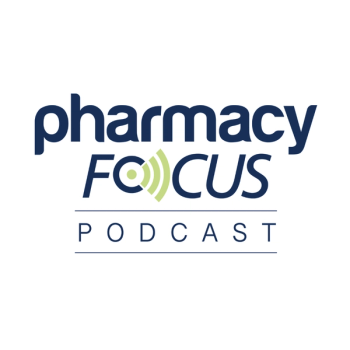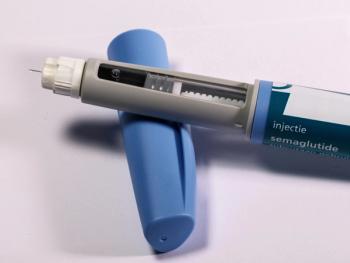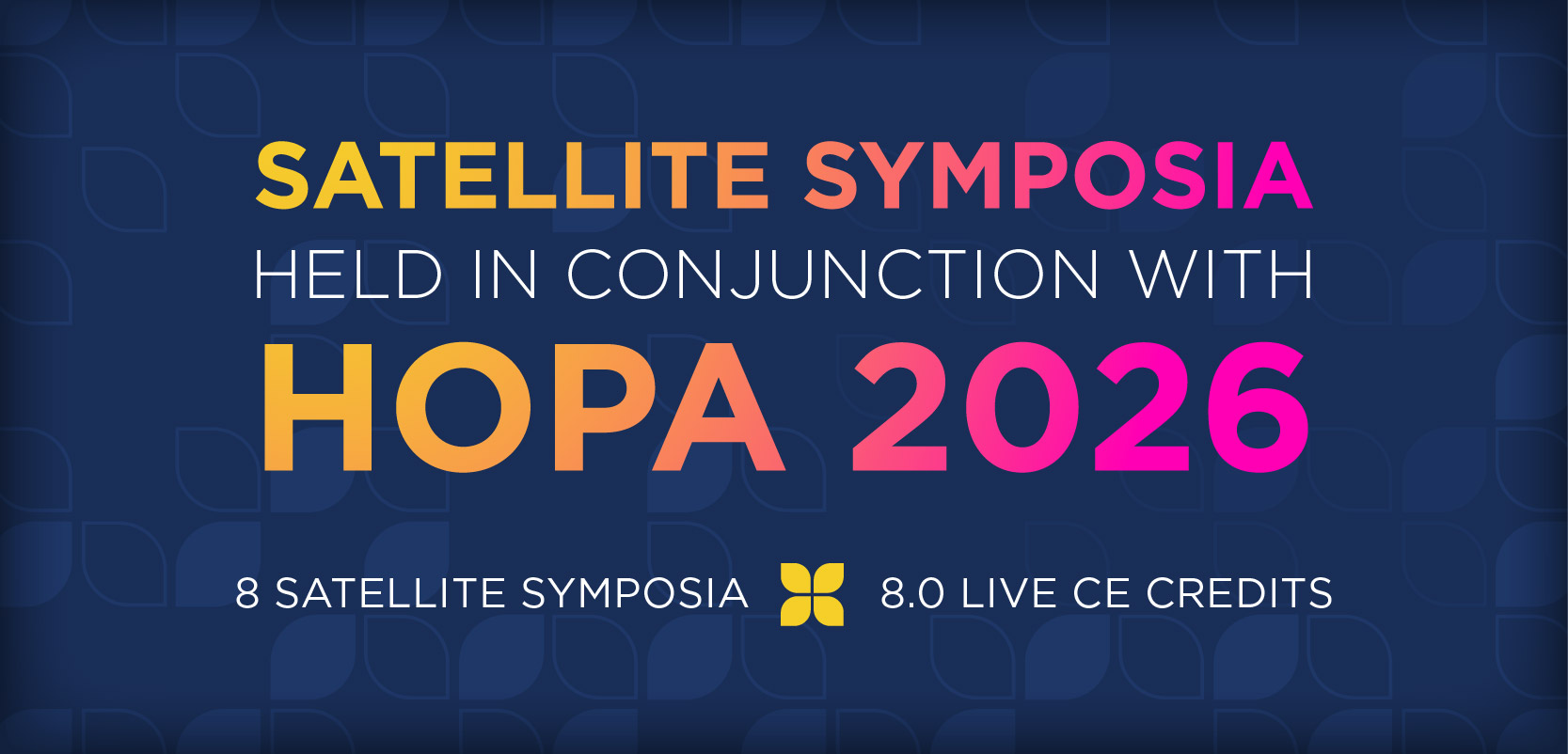
Vaccine Misinformation Matters: Special Populations Need Special Attention
Pharmacists handle public vaccination efforts and need to assess where patients are on the hesitancy spectrum to provide reliable information.
The spread of medical misinformation among vulnerable and special populations has challenged the ability of public health advocates to provide accurate information about COVID-19. Vaccine misinformation continues to be a large factor in the continued spread and emergence of new viral variants.
Pharmacists handle public vaccination efforts and need to assess where patients are on the hesitancy spectrum to provide reliable information. Special populations are particularly vulnerable to public health safety concerns related to vaccine hesitancy.
A narrative review published in Hospital Pharmacy showed that the publication of vaccine safety and efficacy among vulnerable populations alleviates hesitancy concerns. The review consisted of a PubMed search for relevant articles from 2020-2021. Populations included were pediatrics, pregnancy, immunocompromised, and other demographic groups.
Pediatrics
Vaccination efforts for children are a high priority due to challenges in implementing non-pharmaceutical methods, such as masking and social distancing. Infected children initially had limited therapeutic options due to only 50% of available treatments receiving FDA-approval for use in children.
Pfizer’s vaccine efficacy and safety data in children aged 5 to 11 years was comparable to adults at 90.7%. Increasing vaccination rates in children and essential workers is a protective measure to control the spread of COVID-19.
Pregnancy
COVID-19 in pregnancy sometimes led to complications such as mortality, the need for mechanical ventilation, intensive care unit (ICU) admissions, and preterm deliveries. Vaccinated and non-vaccinated pregnant individuals had similar rates of pregnancy complications.
The benefits of the vaccine, including prevention of COVID-19-related complications and the child’s exposure to antibodies, far outweigh the risks of adverse events (AEs). Vaccine efficacy, safety, and AE profiles in pregnancy were comparable to the general population.
Immunocompromised
Immunocompromised individuals were more likely to develop severe illness and complications from COVID-19. Only 54% of immunocompromised individuals produced antibodies after vaccination.
In those who responded, the antibody detection rate was 17% to 23% of the response for immunocompetent populations. Although immunocompromised individuals had a suboptimal vaccination response, the potential protective benefits outweighed the risks of AEs.
Researchers believed concomitant immunosuppressant therapy may affect antibody production. The Centers for Disease Control and Prevention recommended vaccination a minimum of 30 days prior to immunosuppressant therapy to increase efficacy. Efforts to vaccinate immunocompetent individuals limited exposure to immunocompromised populations through reduced infection rates.
Demographic Groups
Although Black populations comprise 13.5% of the US population, they represented only 9% of vaccine recipients and a larger proportion of COVID-19-associated deaths. Public health officials found that lack of vaccination in vulnerable demographic groups was due to hesitancy rather than lack of information.
Deep rooted structural racism in health care created current distrust and inadequate access to care. Medical mistreatment and lack of minority representation is an ongoing public health emergency that dampened vaccination rates in these populations.
To improve vaccination efforts, public health officials must engage Black leaders, deliver education through Black health care professionals, and fund mobile vaccination efforts.
Faith and Religion
Of those who reported vaccine hesitancy due to faith or religion, 44% reported that a faith-based approach may influence them to become vaccinated. Fetal cell tissue use in vaccine development is a common myth in these communities.
Fetal cell lines originate from fetal cells but are grown in vitro for manipulation. Viral replication destroys fetal cell lines and manufacturers then remove these cells in vaccine purification. Although Janssen produced their vaccine using fetal cell lines, Pfizer and Moderna did not use fetal cell lines in vaccine development but instead to test the efficacy prior to production.
Pharmacists are the most easily accessible health care professionals and can supply accurate vaccine education to regain public trust. Understanding vaccine efficacy and safety in vulnerable populations can ease concerns and protect the community.
About the Author
Sarah Meade is a 2023 PharmD candidate at the University of Connecticut.
References
Owusu KA, Effendi MK, Thompson Bastin ML, Tirmizi S, Lat I, Ammar MA. Narrative Review: Addressing Covid-19 Vaccine Concerns in Special and Vulnerable Populations. Hosp Pharm. 2022;57(4):575-587. doi:10.1177/00185787211066463
Newsletter
Stay informed on drug updates, treatment guidelines, and pharmacy practice trends—subscribe to Pharmacy Times for weekly clinical insights.








































